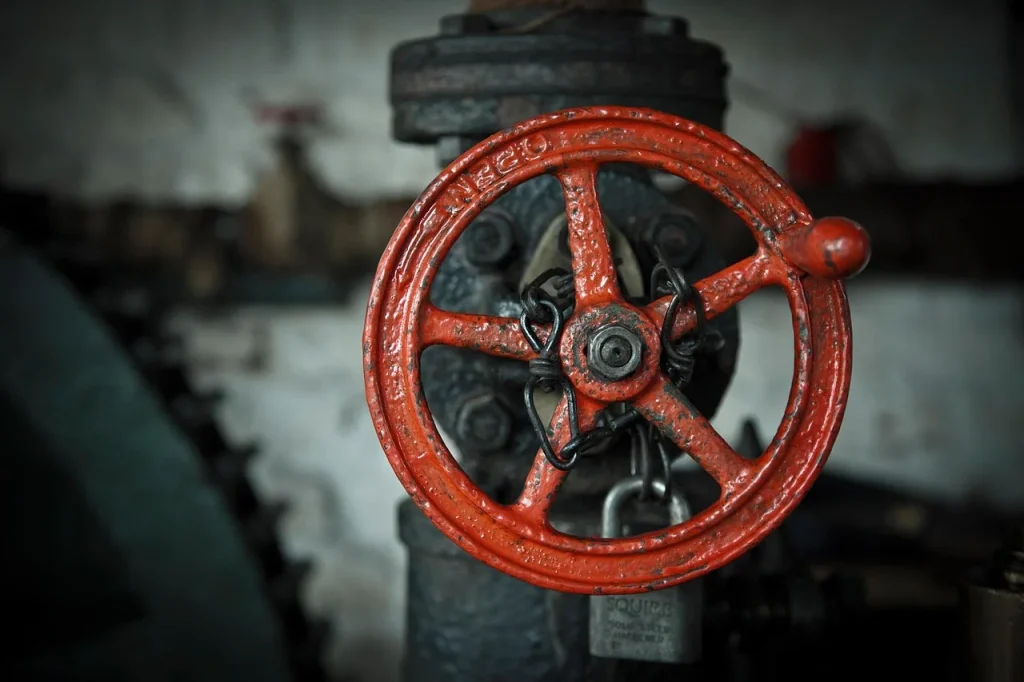Maintaining high-quality standards in industrial valve manufacturing is paramount for operational efficiency and safety across various industries. As valves play a critical role in controlling the flow of fluids, their design and production processes must adhere to stringent quality measures of Manufacturing Processes.
This discussion examines several key factors that impact quality in the industrial valve manufacturing sector, from material selection to innovative technologies, ensuring firms remain competitive in a global landscape.
Material Selection
The choice of materials significantly influences the quality and performance of industrial valves. Selecting appropriate metals, polymers, or composite materials based on their intended application is crucial. Valves used in corrosive environments need materials that exhibit high resistance to chemical degradation. Stainless steel, bronze, and specialized alloys are often preferred for their durability and strength.
Thinking about industry standards and certifications during the selection process enhances product reliability. Sourcing materials from reputable suppliers who comply with ISO and ASTM standards ensures that manufacturers receive high-quality inputs that meet the requisite performance criteria. Establishing relationships with trusted suppliers can help maintain a consistent quality standard across production batches.
Picking The Right Manufacturing Partner
Choosing a manufacturing partner is a decision that can significantly impact a company’s production quality. Assessing potential partners requires a comprehensive evaluation of their capabilities and experience. The team behind ntval says that a reliable partner should possess a proven track record in valve manufacturing, along with state-of-the-art facilities. This includes their experience in producing valves tailored to specific applications, ensuring they understand the nuances of varying industrial requirements.
Examining their quality assurance protocols can provide insight into their commitment to maintaining high standards. Partners should demonstrate compliance with international quality management systems, such as ISO 9001, and offer certifications that validate their manufacturing processes. Selecting the right partner streamlines operations and guarantees that the resulting products perform at optimal levels in their designated roles.
Precision Engineering
Precision engineering is another critical factor that directly influences quality in valve manufacturing. The level of accuracy and attention to detail during the design and production stages determines how well a valve can perform under various conditions. Utilizing advanced computer-aided design (CAD) systems supports the creation of intricate designs that meet rigorous specifications.
Implementing precision machining techniques, such as CNC machining, drastically reduces errors, leading to tightly-tolerated components. Software simulations can predict performance under operational stresses, providing insights into design adjustments before physical prototypes are created. Achieving such precision enhances functionality and contributes to longevity, which is important for operational integrity in demanding environments.
Related insight: This article dives even deeper into the topic.
Quality Control Measures
Establishing robust quality control measures throughout the manufacturing process is imperative to achieving final product excellence. This encompasses everything from inspections during the machining phase to final assembly and testing. Many organizations adopt a multi-stage inspection process, verifying each aspect before proceeding to the next step. Utilizing non-destructive testing (NDT) methods allows manufacturers to identify potential defects without compromising the integrity of the valves.
Techniques such as ultrasonic testing, radiographic testing, and magnetic particle testing are employed to ensure every valve meets stringent performance standards. Regular audits and continuous monitoring of processes play a crucial role in maintaining quality. Employing statistical process control (SPC) techniques enables a manufacturer to analyze process consistency, leading to the early detection of deviations from quality norms.
Skilled Workforce
The expertise of the workforce cannot be overlooked in the quest for quality in valve manufacturing. A skilled team well-versed in the latest manufacturing technologies and processes can significantly improve product outcomes. Investing in training and development programs keeps employees updated on best practices and technological advancements.
Fostering a culture that promotes quality awareness at all levels of production ensures that everyone, from machine operators to quality assurance personnel, understands their role in achieving final product standards. Support from management in encouraging continuous improvement initiatives can boost morale and increase accountability throughout the manufacturing process.
Innovative Technologies
The adoption of innovative technologies greatly enhances manufacturing capabilities and quality. Modern advancements such as additive manufacturing and automation streamline production processes and improve consistency. 3D printing allows for rapid prototyping and custom designs that traditional methods cannot achieve as efficiently.
Automation tools reduce human error and significantly increase production speeds, which contributes to effectiveness. Implementing Industry 4.0 principles, such as IoT integration, can provide real-time data on machinery performance, allowing for proactive maintenance measures. This focus on innovation enhances the quality of produced valves and optimizes operational efficiency across the board.
A comprehensive approach to quality in industrial valve manufacturing encompasses various interrelated factors. From the meticulous selection of materials and precision engineering to effective partnerships and employing skilled labor, every aspect plays a crucial role in determining the final output. Embracing innovative technologies and relentless quality control ensures manufacturers can produce reliable valves that meet or exceed market demands.
Browse all categories in one place by returning to 2A Magazine.







